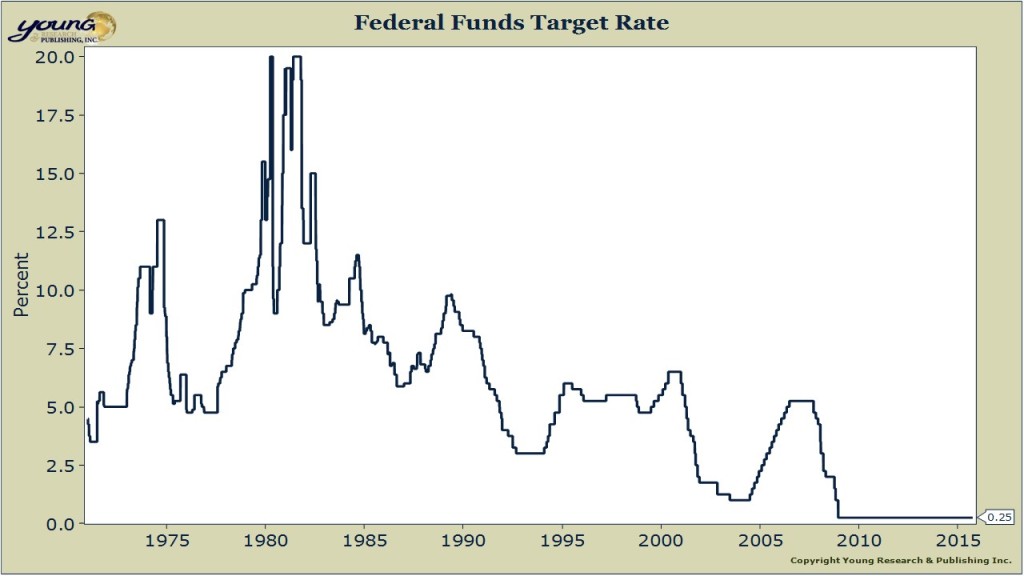Former Federal Reserve Chairman Ben Bernanke is promoting his new book, The Courage to Act: A Memoir of a Crisis and Its Aftermath, writing in a WSJ op-ed what monetary policy can and cannot achieve:
What the Fed can do is two things: First, by mitigating recessions, monetary policy can try to ensure that the economy makes full use of its resources, especially the workforce. High unemployment is a tragedy for the jobless, but it is also costly for taxpayers, investors and anyone interested in the health of the economy. Second, by keeping inflation low and stable, the Fed can help the market-based system function better and make it easier for people to plan for the future. Considering the economic risks posed by deflation, as well as the probability that interest rates will approach zero when inflation is very low, the Fed sets an inflation target of 2%, similar to that of most other central banks around the world.
How has monetary policy scored on these two criteria? Reasonable people can disagree on whether the economy is at full employment. The 5.1% headline unemployment rate would suggest that the labor market is close to normal. Other indicators—the relatively low labor-force participation rate, the apparent lack of wage pressures, for example—indicate that there is some distance left to go.
What we do know is that Bernanke’s scorched earth, low-interest rate policy has done irreversible damage to retirement investors. Don’t tell me the banks aren’t doing well. Banks are flush with cash and can basically borrow for free leaving the retiree out of the equation. I find it hard to believe banks can’t pay a little bit of interest now. So thanks to Bernanke a retiree is no better off with “low” unemployment. Having low core inflation (sans food and fuel) is a problem for retirees who still need to eat. It would have been nice if the Bernanke had the courage to act a long-time ago.

Related video:




